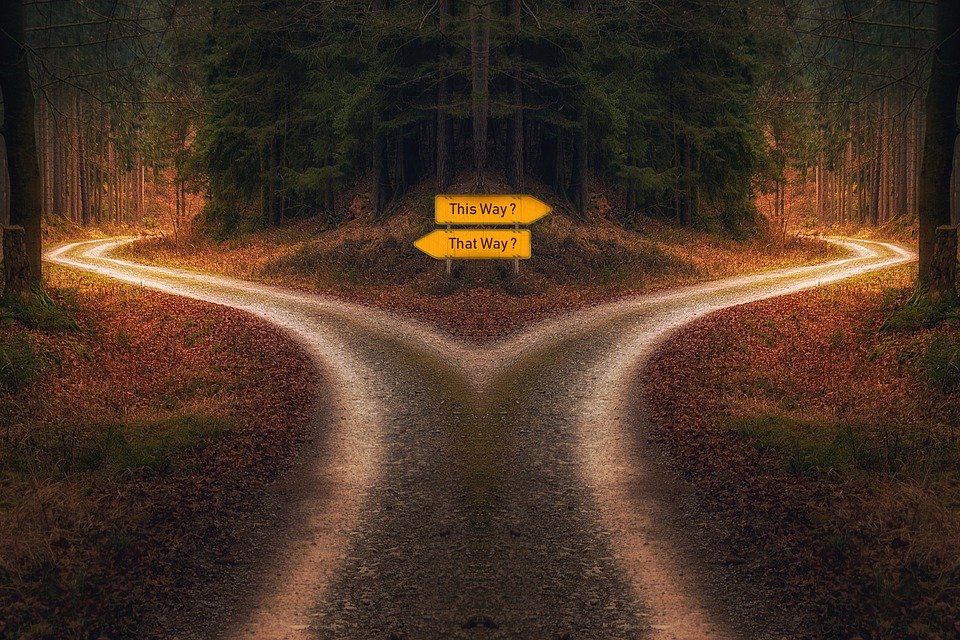Science vs. Religion: Unpacking the Debate around a Godless Reality
Introduction
In today’s world, the debate between science and religion is a prominent topic of discussion. On one side, science provides evidence-based explanations for the natural world, while on the other side, religion offers faith-based beliefs in a higher power. This article aims to delve into the intricacies of this ongoing debate, specifically focusing on the concept of a godless reality.
The Dichotomy between Science and Religion
Science and religion have long been viewed as opposing forces, with each offering different ways to understand the world. Science relies on empirical evidence, experimentation, and logical reasoning to explain natural phenomena. It is a systematic and objective approach that constantly evolves through observation and analysis.
Religion, on the other hand, is built on faith, spirituality, and belief in a higher power or divine being. It offers moral guidance, purpose, and answers to life‘s fundamental questions. Religious beliefs are often rooted in ancient texts and traditions, shaping the way individuals perceive and interpret the world around them.
These contrasting methodologies have led to a perceived conflict between science and religion, particularly when scientific discoveries challenge long-held religious beliefs. However, it is essential to recognize that science and religion can coexist harmoniously, complementing rather than contradicting each other.
Exploring a Godless Reality
One area where science and religion come face to face is the question of a godless reality. The idea of a godless universe suggests that the existence of a higher power is unnecessary to explain the natural world. This concept has gained traction with the advancement of scientific knowledge and the rise of atheism.
Science offers plausible explanations for various natural phenomena that were once attributed to divine intervention. The discoveries of evolution, the big bang theory, and the laws of physics have challenged the traditional religious narratives of creation and the existence of a divine creator.
However, it is important to note that science cannot definitively prove or disprove the existence of a higher power. The absence of scientific evidence for God does not necessarily confirm a godless reality. The debate around a godless universe is deeply philosophical and lies beyond the scope of empirical science.
Frequently Asked Questions (FAQs)
Q: Can science and religion coexist?
A: Yes, science and religion can coexist. They offer different approaches to understanding the world and can complement each other in various ways. Many scientists and religious individuals find harmony between their scientific pursuits and their faith.
Q: Does the absence of scientific evidence disprove the existence of God?
A: No, the absence of scientific evidence does not disprove the existence of God. Science is limited to explaining natural phenomena through empirical evidence, while the existence of God falls under the realm of faith and spirituality.
Q: Are scientific discoveries a threat to religious beliefs?
A: Scientific discoveries can challenge certain religious beliefs that are interpreted literally. However, many religious individuals accommodate scientific knowledge by interpreting sacred texts metaphorically or adjusting their beliefs in light of new evidence.
Q: Can one embrace both scientific and religious worldviews?
A: Yes, many people hold both scientific and religious worldviews. They recognize the value of scientific knowledge in explaining the natural world while finding spiritual fulfillment and meaning through religious beliefs.
Q: What is the role of philosophy in the science vs. religion debate?
A: Philosophy plays a crucial role in the science vs. religion debate, particularly when discussing concepts like a godless reality. Philosophical arguments explore the nature of existence, metaphysics, and the limits of scientific inquiry.
Conclusion
The debate between science and religion regarding a godless reality is complex and multi-faceted. While science offers explanations rooted in empirical evidence, religion provides spiritual and moral guidance based on faith. Both science and religion have their place in society, and individuals can embrace both perspectives without experiencing conflict.
It is crucial to foster dialogue and understanding between proponents of science and religion to bridge the gap and find common ground. The pursuit of knowledge, whether through scientific exploration or religious contemplation, ultimately aims to provide a more comprehensive understanding of our existence.

